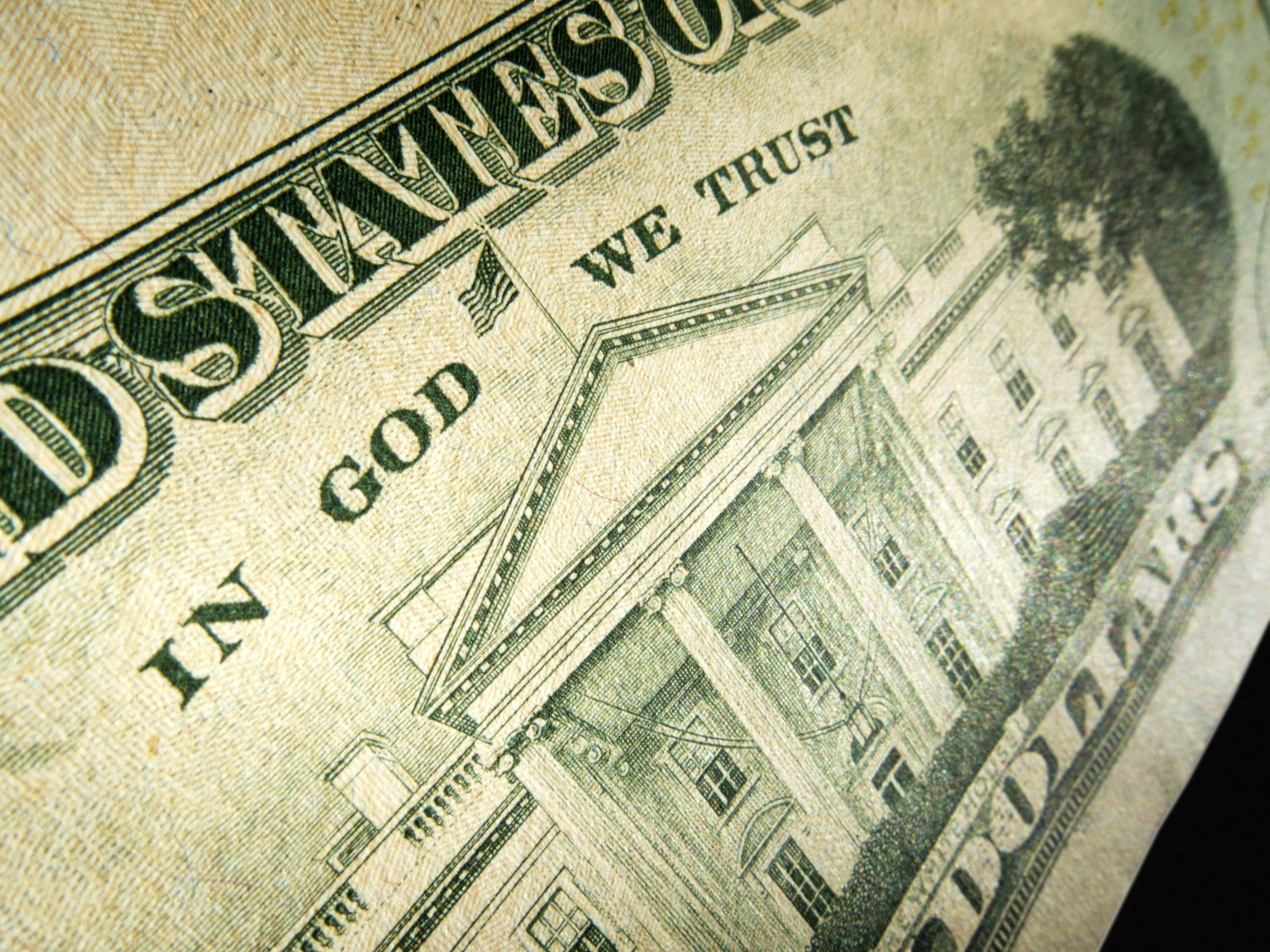A judge as of late struck down a case in regards to the religious wording on U.S. bills. The offended party contended that the expression “In God We Trust,” that is seen on American dollars, is a breach of the Religious Freedom Restoration Act and places a weight on a person’s entitlement to practice religious freedom.
The Ohio judge, Benita Pearson couldn’t help contradicting the offended party, issuing that they had no confirmation of the claim burden, and said the accompanying:
“Offended parties can’t show that the use of the saying on bills substantially burdens their religious exercise,” she wrote in her decision. “Credit cards and checks enable Plaintiffs to direct the greater part of their buys with cash not inscribed with the motto. What’s more, only for cash transactions, for example, a garage sale or a coin-operated laundromat, the utilization of the motto on bills does not really trouble Plaintiffs’ free exercise.”

The lawyer who has been the principle offended party and remaining behind the case is California lawyer Michael Newdow, who has been determined to free the words “Under God,” from the Pledge of Allegiance. And now he is determined to expelling “In God We Trust,” from American cash. The suit was filed in the U.S. Locale Court’s Northern District of Ohio in 2015. Newdow is guaranteeing that the expression is disregarding the First and Fifth Amendments, alongside the Religious Freedom Restoration Act.
“Offended parties either particularly don’t trust in any ‘G-d’ (with NOT trusting G-d being a fundamental principle of their belief systems) or hold G-d’s name so dear and commended that to engrave it on a money related instrument is regarded sinful,” said Newdow in his court documentation.
Judge Pearson, then again, felt otherwise about the offended party’s case and raised the accompanying argument:
“Offended parties said that cash transactions constrain them to endure a message that they [feel] damage their religious beliefs,” she composed. “However, as the Supreme Court expressed in Wooley v. Maynard, ‘The carrier of money is in this manner not required to publicly advertise the national motto.’ Furthermore, Plaintiffs’ different concerns, that they might be liable to peer pressure or ridicule, or that their youngsters may question their beliefs, are dissimilar to the decision between a ‘fundamental benefit and a core belief’ depicted in the Supreme Court’s case law.”
And keeping in mind that the separation of church and state has been one of the country’s founding principles, some analyst’s offered their own arguments on the subject…
“Congress might pass no law regarding a foundation of religion. It doesn’t make a difference if it violates free will or not. The words “In God We Trust” respects an establishment of religion. On that grounds it ought to be stricken from government currency.”
“The expression “seperation of church and state” is an oversimplified and deluding portrayal of the goal of the founding fathers. Their objective was to cultivate, sustain, and encourage religious faith in God (as oppposed to confidence in no god) since they trusted that people who think they will someday return and answer to their creator are more liable to be peaceful, cherishing, loving, thoughtful, forgiving, and so on than individuals who don’t hold such a belief. All the details say we are ending up fewer and fewer devotees to God and they likewise unmistakably demonstrate our slow decent into impoliteness, egoism, greed and violence. Some will state there is no association, they need to think twice about that.”
https://www.youtube.com/watch?v=pdxBV27fgMc
